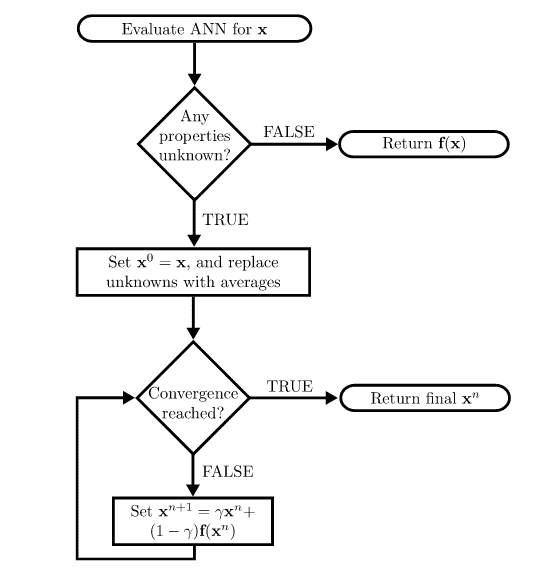Peer-reviewed paper
We apply an artificial neural network to model and verify material properties. The neural network algorithm has a unique capability to handle incomplete data sets in both training and predicting, so it can regard properties as inputs allowing it to exploit both composition-property and property-property correlations to enhance the quality of predictions. Artificial intelligence algorithms can contribute significantly to innovation in researching, designing, and selecting materials for industrial applications.

Abstract
We apply an artificial neural network to model and verify material properties. The neural network algorithm has a unique capability to handle incomplete data sets in both training and predicting, so it can regard properties as inputs allowing it to exploit both composition-property and property-property correlations to enhance the quality of predictions, and can also handle a graphical data as a single entity. The framework is tested with different validation schemes, and then applied to materials case studies of alloys and polymers. The algorithm found twenty errors in a commercial materials database that were confirmed against primary data sources.
Conclusions
We developed an artificial intelligence algorithm and extended it to handle incomplete data, functional data, and to quantify the accuracy of data. We validated its performance for model data to confirm that the framework delivers the expected results in tests on the error-prediction, incomplete data, and graphing capabilities. Finally, we applied the framework to the real-life Material Universe and Prospector Plastics databases, and were able to showcase the immense utility of the approach.
In particular, we were able to propose and verify erroneous entries, provide improvements in extrapolations to give estimates for unknowns, impute missing data on materials composition and fabrication, and also help the characterization of materials by identifying non-obvious descriptors across a broad range of different applications. Therefore, we were able to show how artificial intelligence algorithms can contribute significantly to innovation in researching, designing, and selecting materials for industrial applications.
Publication details
Publication: Computational Materials Science
Title: Materials data validation and imputation with an artificial neural network
Authors: P.C. Verpoort, P. MacDonald, G.J. Conduit
DOI / Link: https://doi.org/10.1016/j.commatsci.2018.02.002

